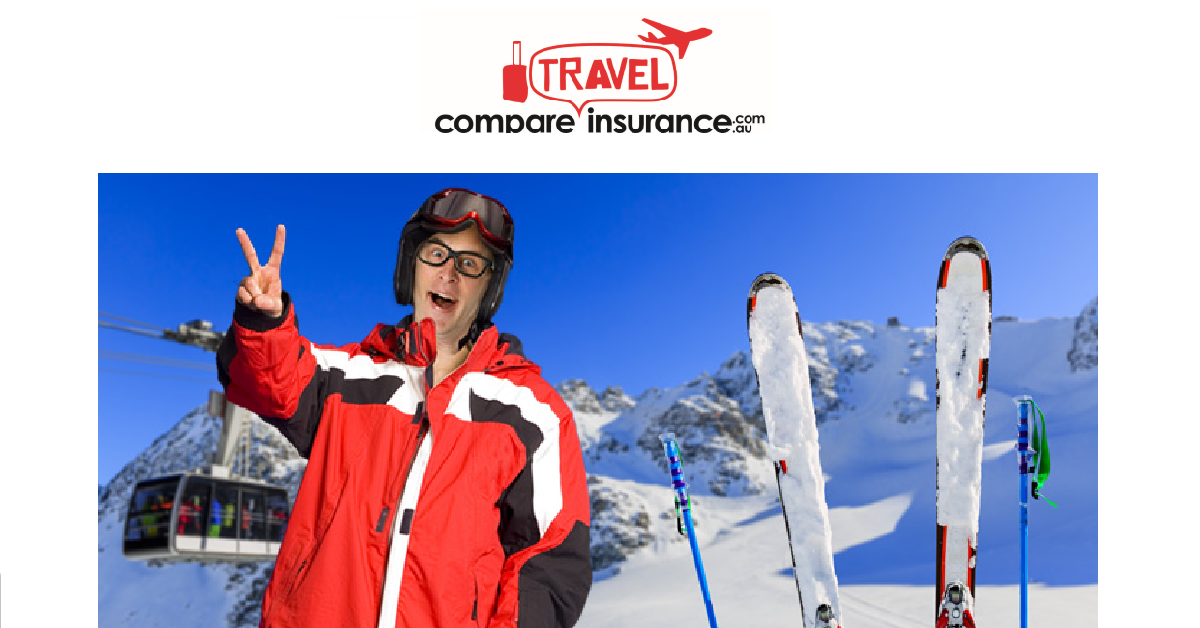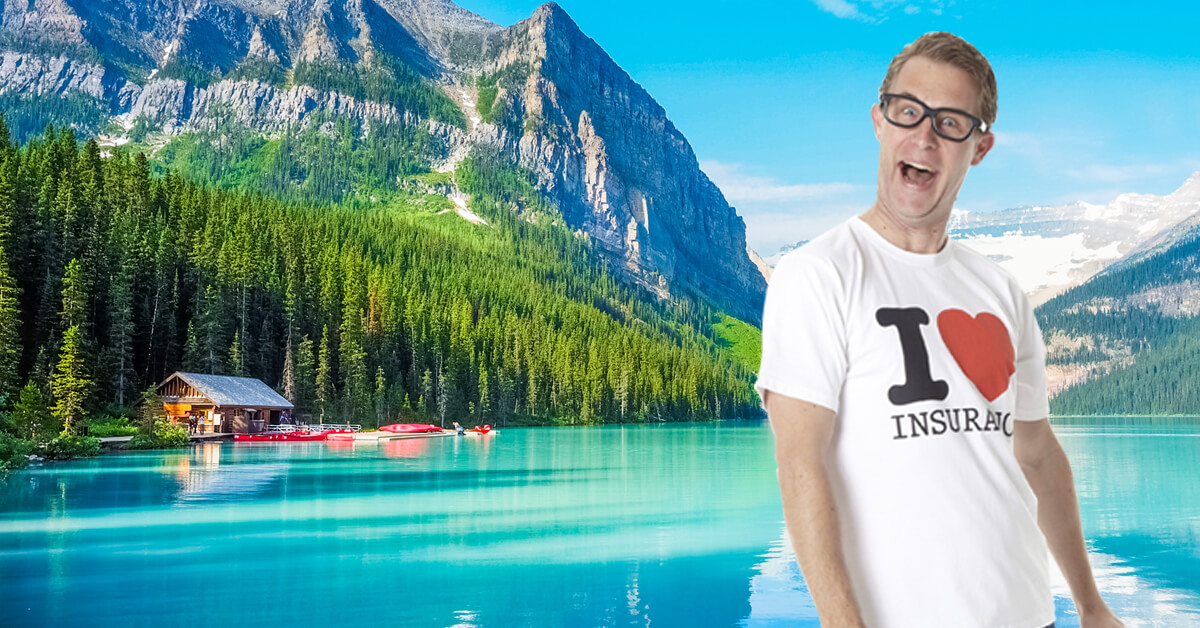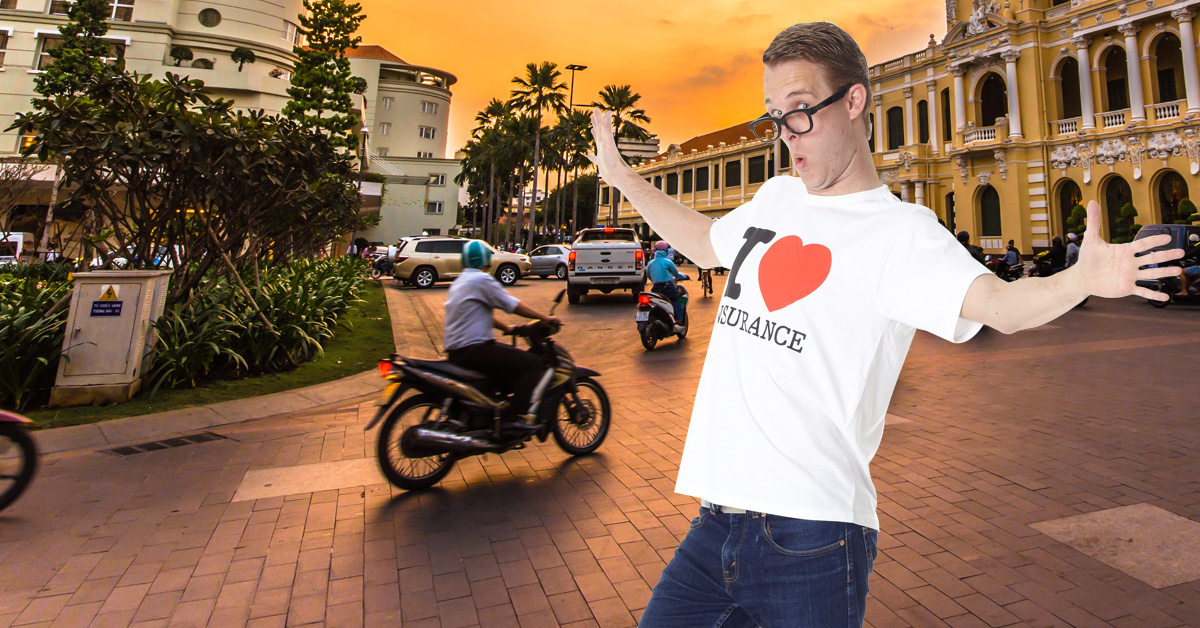Whilst the essence for many backpackers is the thrill of no routine, no set itineraries to follow and throwing caution to the wind by getting off the beaten track, there is some preparation to do. If not for the time and money you'll save, advanced planning will definitely assist to make your journey a smooth one. Use Compare Travel Insurance to compare cheap backpacker quotes quickly and easily.
1. Take Out Travel Insurance
It goes without saying that you will need travel insurance. There are many levels of cover and options available so shop around to find a policy that suits your requirements. Most backpackers choose the basics option of medical cover. Ensure that any medical cover is adequate for the country you are going to visit. If you're travelling with any valuable belongings such as an expensive camera be sure to check that personal belongings are covered.
Make sure you declare anything that may affects the policy such as pre-existing medical conditions.This may increase the premium slightly but if you do not declare you could find that you are no longer covered by the insurance.
Also remember to take a copy of your travel insurance policy details and the insurance company's contact details with you.
2. Vaccinations And Immunisations
If you are heading to a developing region or somewhere exotic, you will need to head to a clinic to get a variety of jabs before setting off. Discuss your plans with a health professional to ensure you have the correct vaccinations.
The World Health Organisation has a wealth of health and safety information.
3. Visas
Citizens travelling on New Zealand passports can enter a number of foreign countries without the need to apply for a visa prior to arrival under certain conditions.
Kiwi's undertaking activities other than tourism, such as work (paid or not) may need to apply for a visa or work permit. For information on entry/visa requirements for the countries you plan to visit check with the embassies of those countries.
4. Travel Budget And Finances
It's important to work out how much money you're going to need for your travels and how long it is likely to last. This vastly depends on where you are travelling to and what you plan to do when you get there. Read up on your destinations, other experiences and various backpacking guides to understand costs.
Think about how you're going to access your money along the way. ATM cards are accepted in most countries and are the most efficient way to get local currency. You have little risk of being ripped off, can keep track of your account balance, have added security of a PIN code, You will get the current exchange rate, usually with a minimal exchange fee (such as 1%) added on.
Travellers cheques are a good back up option, if you're heading somewhere remote without ATMs and need to carry a large sum of cash.
5. Copy Important Travel Documentation
It's a good idea to make copies of important travel documents such as passport, credit cards (front and back). Leave a copy with the person you trust the most back home and take a copy with in your backpack, should your originals get lost or stolen. Write down important phone numbers such as your travel insurance company's emergency assistance, Embassy contacts for each of your destinations. Record your traveller cheque numbers and the customer support number.
6. Put Existing Services On Hold
Put existing services on hold to avoid wasting money where possible, such as gym memberships, phone services etc. Put in a forwarding order for your mail at the post office if necessary.
7. Keep In Touch
You will probably want to touch base with loved ones back home at some point. Setting up a free Skype account is a great way to do it on the cheap. Skype is widely available across internet cafes and for a minimal amount you can call land lines or mobile phones.
Set-up a free web-based email account such as Gmail, Yahoo or Hotmail before you depart. It's wise to change your password often when using internet cafes. Try to be cryptic in any personal information you keep in the account in case your account is compromised.
Setting up a blog page is simple and a great way to record your journey for yourself and others to read.
8. Pack Light
Last but certainly not least - pack light. It can not be emphasised enough that packing too heavy can hinder your holiday experience. You will need to carry your backpack around for long periods of time so only pack what can't be purchased locally. If you're heading to a developing country, a good first-aid kit is essential.
Off you go then, start comparing and save yourself time, worry and loads of money!
other you might like articles

Canadian Working Holiday Travel Insurance
Are you applying for your 2 year International Experience Canada visa? Our Canadian travel insurance guide gets you clued up and ready to go!

Climbing & Trekking Insurance Guide
Fancy two weeks sunning yourself on a beach? How about a fortnight by the pool of a posh hotel complex? Thought not.

Travel Insurance For Motorbike Holidays
Travelling overseas on a motorbike can be a thrilling way to travel. But it's essential to buy travel insurance before you go.

Our Travel Insurance Comparison Helps You Save Time, Worry And Loads Of Money!
Stay up to date with our latest news, deals and special offers.







